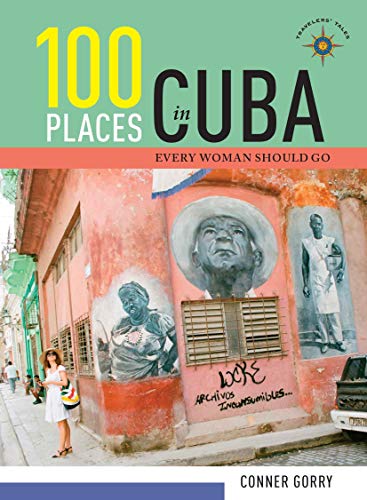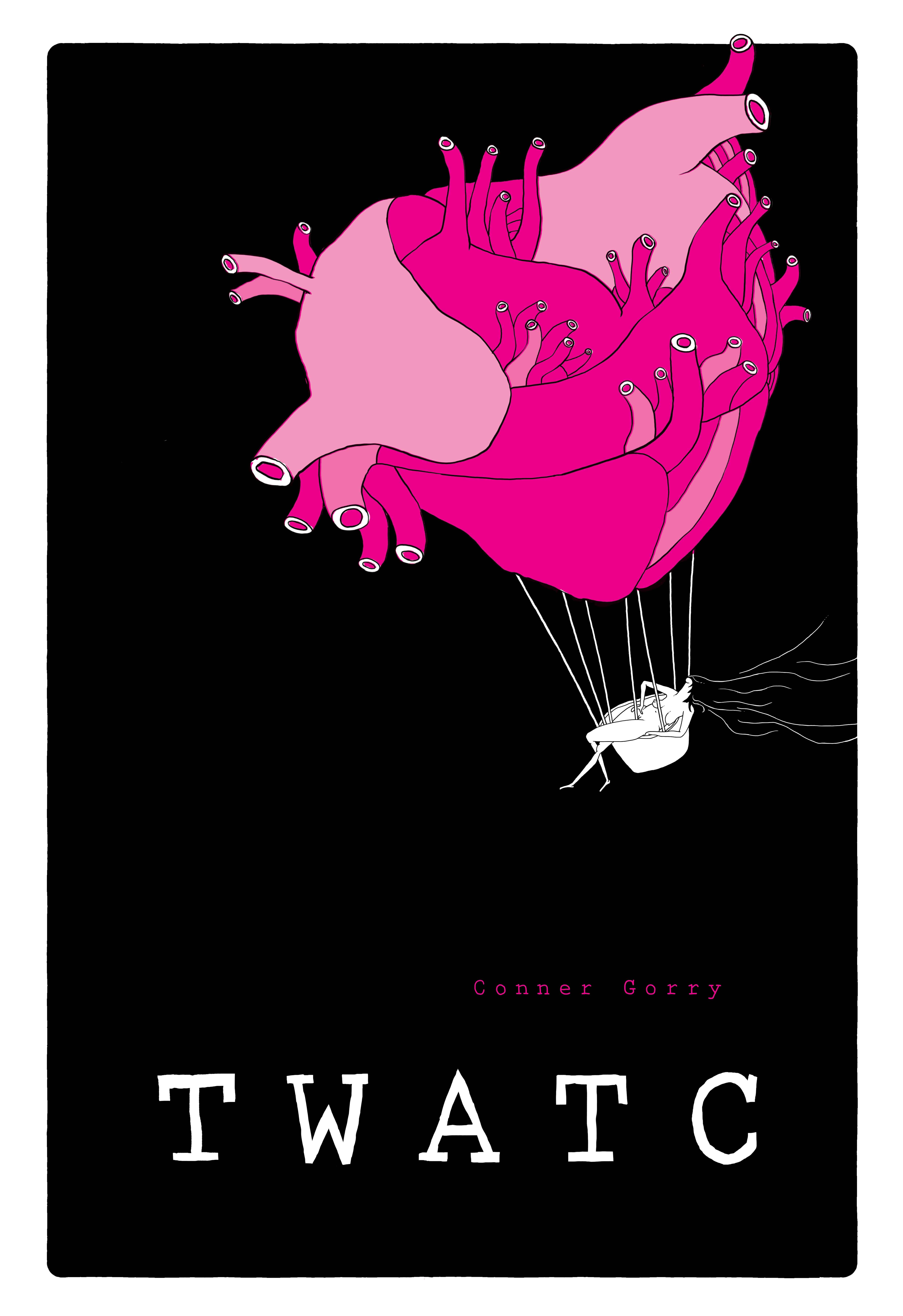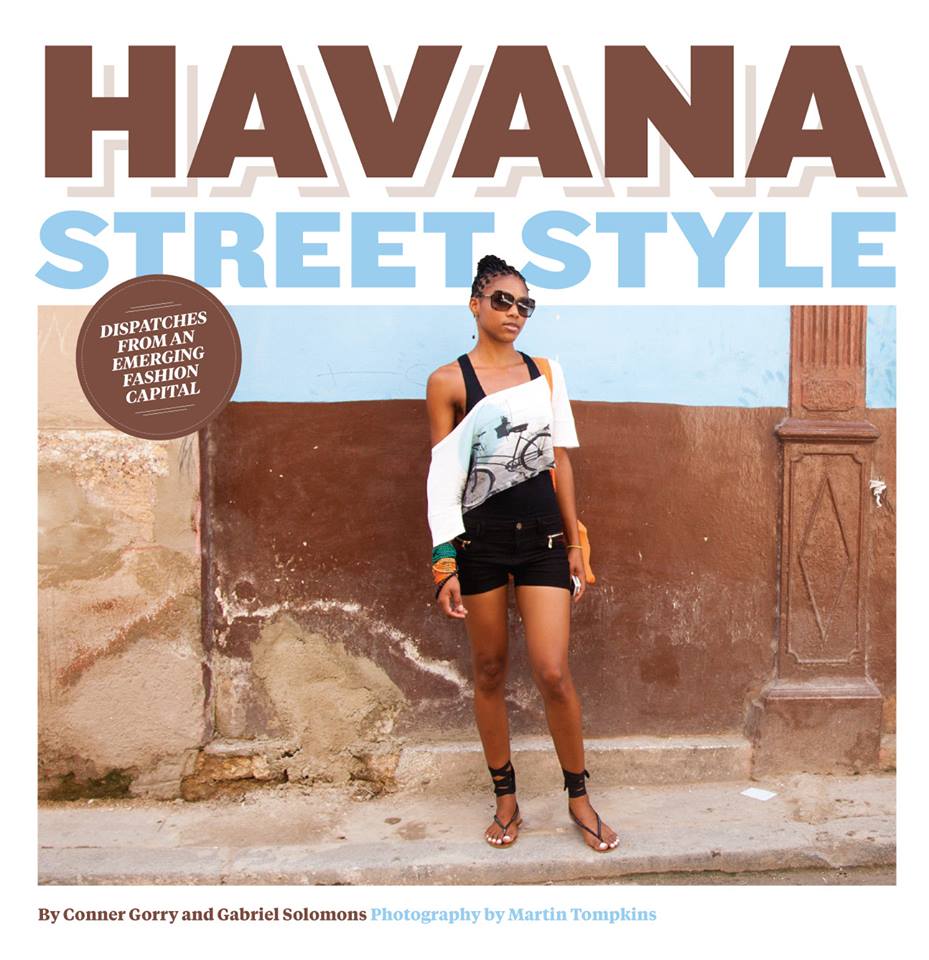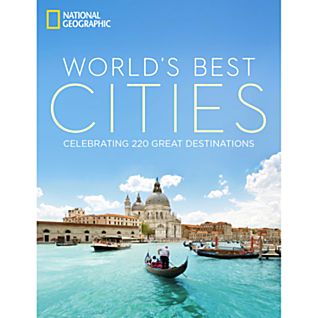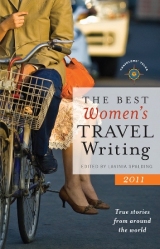Eight-hour blackouts roll through Havana, a bottle of cooking oil costs $12 on the black market, and everything from salt and cigarettes to laundry detergent and sugar is becoming more difficult to procure. And as I type this, a tropical storm is gathering steam and heading towards my family.
Meanwhile, I’m stuck in El Norte, with no real notion of when—or how—I’ll return. I’ve been here now or over three months when an unplanned odyssey dumped me back in the United States. Even after 20 years of straddling the divide, with family aquí y allá, the separation is unsettling—a discomfiting heartbreak by degrees. I’m guessing most of us with ties to both places share similar feelings.
‘Leaning into it’ helps keep the rage and frustration at bay, if only temporarily. Leaning in has never been my strong suit, and it’s getting harder, not easier, being stuck here—the longest I’ve been off-island ever. The double downward spiral created by the pandemic and economic recession continues to suck us dry like a tick burrowing into our communal psyche. Keeping afloat, treading water furiously, is what we do, but it’s exhausting. Emotionally. Financially.
To alleviate my emotional and spiritual fatigue, I try to shift my perspective from ‘stuck in the United States,’ to ‘mercifully unable to return at the moment.’ Like a 12-step mantra you repeat to keep yourself sober and (passably) sane, I tell myself to enjoy the unexpected time with my family. I congratulate myself on my continued weight gain. I work hard envisioning a viable future for Cuba Libro. Even as I admonish myself to be grateful (goddamn it!) for this time, I beat back feelings of guilt and hopelessness, my survivor syndrome in constant conflict with my goal for practical optimism and self-preservation.
Today my mental and physical health status is: mostly nauseous.
Two things keep me on the right side of the asylum doors and dirt: the unflagging support of my family here and there, and the irrefutable and mounting evidence that Cuba provides a superior quality of life than the United States (cue the trolls).
It began to dawn on me—like so many of my realizations—in a bathroom.
“He’s in jail again, for fuck’s sake,” I heard from the stall adjacent. “I don’t know what to do.”
‘Leave him to rot,’ I thought.
“You need to get out of there,” her friend responded on speaker phone.
I concurred. ‘Now tell her to take you off speaker so the whole women’s room isn’t privy.’
“I know. He’s violent. He’s high. I can’t be there when he gets out, but I can’t get in. He changed the locks.”
Her friend didn’t miss a beat: “get over there, jimmy a window, grab you shit and get out.”
I wiped in a hurry, eager to put a face to the drama. Dyed blond and overly tan, her face was crevassed by the wrinkles and sag typical to sun-soaked drunks and junkies. The contents of her purse were splayed across the bathroom counter. “I can’t do this anymore!” she shouted at her phone, a whistle escaping through broken teeth.
Welcome to Florida.
_____
I was in this southern swamp for my cousin’s wedding. I adore this cousin. I enjoy cavorting with this side of my family that I hadn’t seen in decades—to the extent I was braving Florida for the chance. I vowed to harness that practical optimism, remain open-minded, and practice leaning in, to this first, happy reunion since COVID started raging. I tried to lay aside my Florida bias—as understandable and defensible as it is.
Just off the plane in Jacksonville, the hot mess of a stranger in the bathroom did nothing to help my resolve.
Nor did the inordinate amount of people violating CDC rules for masking up in airports. Or the stringy-haired, grime-encrusted tweaker trying to rent a car—no credit card, only a couple of teeth—at the next window over.
I dialed back my toxiciciy, tried to check my judgement (hard nut: we’re close to Disney and Daytona after all) and focus on the joyous occasion that brought me here. I counseled myself not to condemn an entire state and nation after a few brief encounters with Darwin’s disadvantaged.
Early the next morning I took a walk on the beach, confident that nature and negative air ions, plus the presence of Yemayá out there, somewhere, would help smooth my bent, twisted feathers. I forcibly shut down my snark watching monster trucks kick up sand within feet of virgin turtle nests, the eggs buried just the night before. Instead, I switched focus to dads making sandcastles with their daughters, the wedding party doing yoga, the grizzlied men fishing from shore. I bid good morning to strangers and passersby.
‘Kill a Commie for Mommy.’
The 12-year old’s t-shirt stopped me in the sand, ‘good morning’ curdling on my lips.
It wasn’t the political statement tripping me up and out (I’m quite sure this tween product of the Florida education system would be seriously hard-pressed to elucidate even one tenet of communism—or democracy for that matter). It was the violence of it. Slot in Christian, QAnon quack or douchebag billionaires for Commie and my reaction would be (almost) the same.
“That’s a pretty aggressive shirt, don’t you think?”
I don’t like to play the shame game but…I will when pressed.
_____
With just 24 hours in Florida, some rotten realities about the USA started snapping into place.
At any time, any place, you will be subjected to personal, traumatic conversations between strangers.
Apparently, here, folks like my bathroom buddy, think having a cell phone engenders some sort of privacy (do Europeans act like this? Canadians? Or just entitled Amerikans?*). In CVS, the grocery store, the subway—I’ve overheard divorces, mom’s ripping the nanny/gardener/maid a new asshole, and abusive bosses dressing down employees. What’s the empathy rule for when you inadvertently learn of cancer diagnoses or in flagrante affairs? Do I hug the sobbing widower as he crumples beside the reduced-for-quick-sale end cap? Check that. I don’t know you, your help, your cheating husband or aunt with carcinoma. Not my circus, not my monkeys. Real grief is another story (of which I wish I knew little, but alas, at 52, it comes with the territory) and I can understand ‘getting that call’ or being triggered in public, but otherwise? Get a room. Ghost. Use headphones. Whisper. Anything, but stop contaminating the rest of us. Same goes for people who pick their noses in traffic or clip fingernails in the airport lounge. Just stop, ok?
The USA is a violent, violent country.
Not everyone, everywhere or always pre-meditated, but the general tenor here is ‘I will fuck you up!’ if we don’t share values, views, skin color or background. You want me to stop clipping my nails in public? Talk to my Glock. Black dad in a community of Karens? Meet my assault rifle. Or maybe I’m just a little more pissed off and alienated than usual today, so I’ll strafe a school. It’s an environment and culture that accepts children wearing t-shirts advocating murder for political-philosophical concepts they don’t understand. No thank you. I ain’t down. And when will Donald Trump be put in jail? He’s not wholly responsible, but does he share blame? Why, yes, he does and we, the people, want a reckoning.
The imperialistic, entitled outlook is deeply, deeply ingrained in the Amerikan psyche.
The average person here truly believes. Lives and breathes the concepts of US superiority, eminent domain, Manifest Destiny and the like. Of course they do: the average person here may not ever travel beyond their home state in their lifetime. These are the same people who tried to cancel the French by renaming them Freedom Fries (file under: Fucking Idiots, pardon my French. Cross ref: Republican Congress/North Carolina Crackers). While entitlement is a saw used for generations to flog the rest of us (file under: Conner Says Nothing New), now the stakes are just too high. Climate change; science denying, global pandemic (hello?!); income inequality; world exploitation—let’s drop the posturing and politicizing because these crises will brook no bullshit, nor wait for the ignorant or unwoke to get with it. I said as much, in the nicest way possible, when a family member at the wedding suggested we attend the colonial reenactment of the “settling” of St Augustine. Oh, hell no!
And I encourage everyone to Just Say No to states that don’t recycle. Just Say No to politicians advancing an imperialistic agenda against sovereign nations (at the expense of constituents to boot—this means YOU Bob Menéndez, who as this link shows, has no idea what he’s talking about when it comes to today’s Cuba, and Marco Rubio, who has been vocal about his goal to hurt Cuban families and starve the nation as indicated in this legislation he co-sponsored). Just Say No to anti-vaxxers and any other manifestation of this misplaced and false sense of US exceptionalism and superiority. The other tactic is to give them enough rope to hang themselves with—maybe too dicey considering the competing global emergencies in which we find ourselves. Or we can just hang on a little longer: given how disappointing the Biden administration is turning out to be, coupled with the pandemic, I predict this exceptionalism bubble is going to pop in 3, 2, 1…
Systemic racism is a killer and not going anywhere, anytime soon.
It, like colonialism and exceptionalism, is so deeply ingrained, I’m glad I’ll be dead in 20 or so years and not have to witness the final countdown. This was rammed home as I sat on the beach watching this beautiful, inspiring union of two people in love unfold. I’m white, my soon-to-be-hitched cousin is white, my family is white and though there were a few Asian, gay and differently-abled folks at the wedding, diversity in my clan tends towards slugging shots of Bushmill’s instead of Jameson for a little variety. Don’t get me wrong: the happy couple is super woke and evolved, as are many of my family members—precisely why I choked on my mocktail when I heard the priest boom: “and just like the Pharaohs were buried with all their worldly possessions they might need in the afterlife—food, clothing, slaves…”
‘Oh, no he didn’t,’ I thought.
But the looks on the faces to my left and right told me: yes, he did. He most certainly did. But it gets better. After the whoopsie daisy with the slaves, he asked us to raise our arms heavenward to receive the blessing of god, whereupon 80 people stood on that beach making what a bystander could only interpret as the heil Hitler sign.
So yeah. There are people and places I love here—I had a tremendous week in LA, eye-opening experiences in Minneapolis and am calmly (kind of) waiting out my return in my beloved Maine woods. But Party in the USA? Not for me, thanks. No matter how potent or pretty the favors
*I spell it this way to distinguish between the dozens of other countries making up the Americas, all of whose inhabitants are also Americans.

